As Magyar Nemzet previously reported, the scheduled EP debate Wednesday on the priorities of the Hungarian EU Presidency turned into a very heated session. Ursula von der Leyen set off the political battle in a manner uncharacteristic of what we've seen from her so far, while MEP Peter Magyar attacked the Hungarian government. Professor Csaba Zalai, head of the Research on International Organizations at Hungary's National University of Public Service, talked to us about this and the reasons behind the inability to address the pressing issues.
Unfortunately, Wednesday's debate was not about the substantive program put forth by the Hungarian EU presidency and its various plans and achievements, but was basically about current party politics,
the expert said.
This, he said, has to be understood against the backdrop that the European Commission has not yet been formed. "Ursula von der Leyen made an explicitly political speech, which has not been the case in previous debates of this kind. This is an unprecedented response to the presented program of the rotating EU Presidency, and should be viewed in the context that the EP hearings of potential Commission members will be starting in the coming weeks," the expert pointed out, saying that at the end of the process, the Parliament will have to elect the new Commission.
In other words, in her speech, Von der Leyen was already making overtures to the European Parliament, especially to the political groups whose votes she is counting on. So yesterday's debate took place in a very strong Brusselite political context,
Mr Zalai said, noting that
Ursula von der Leyen's speech can also be interpreted as a kind of campaign.
Peter Magyar's speech, he said, was undoubtedly in pursuit of domestic policy goals, which is not unprecedented, but not typical during presentations of the Presidency's priorities.
The expert stressed, however, that
the EU is facing a plethora of problems where substantive debate on the issues is needed. Instead, many used Wednesday's event essentially as an internal and/or political battle. It would have been more constructive and forward-looking if certain issues and aspects could have been discussed that day. The Hungarian prime minister also emphasized that he was looking forward to a substantive debate on issues.
Improving European competitiveness, responding to the demographic challenges and the problem of illegal migration are issues which the Hungarian Presidency has also treated as priorities. "We will certainly need to have a lot of debating and joint thinking on these issues going forward in order to find common solutions to these European challenges," Csaba Zalai concluded.
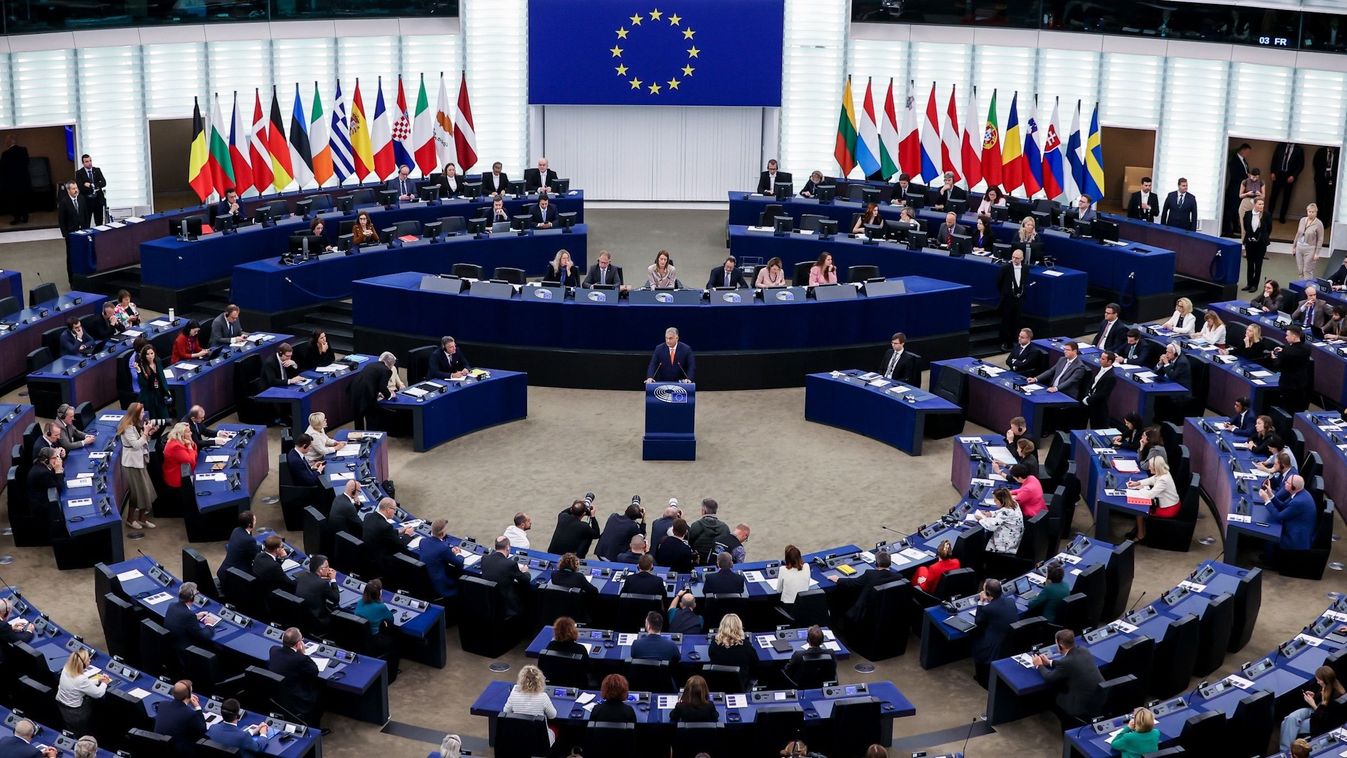

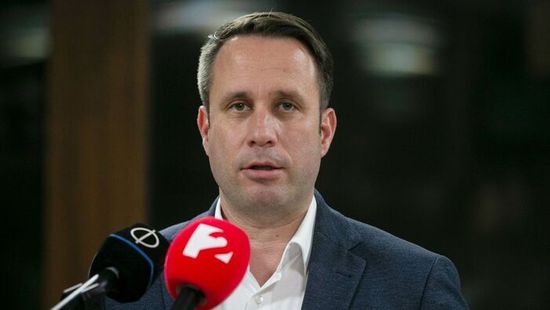
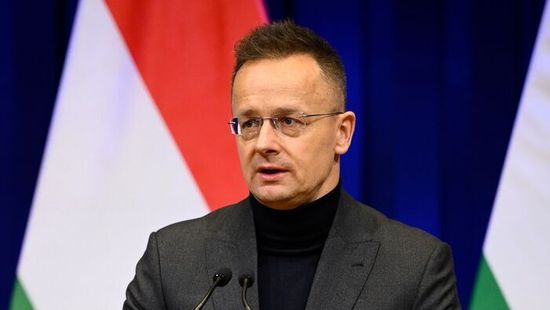


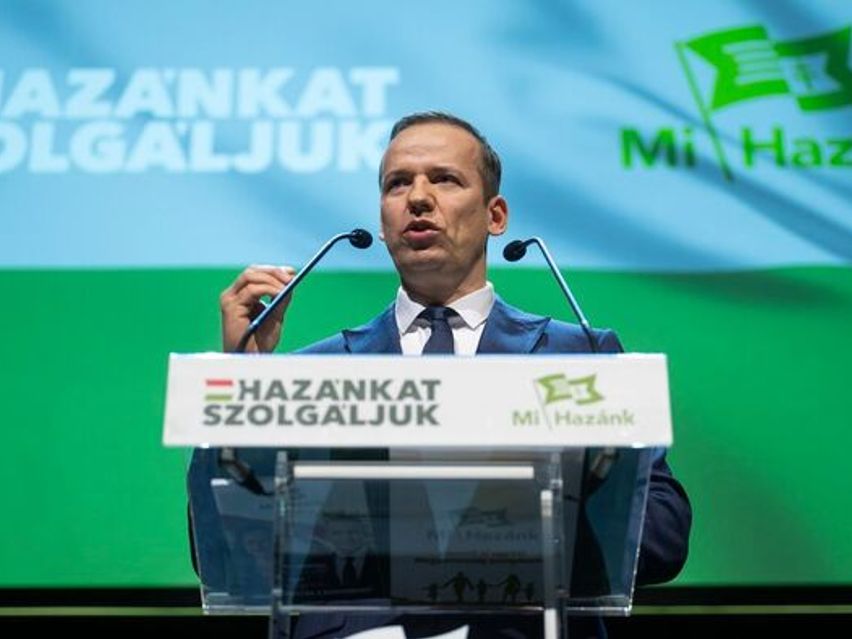
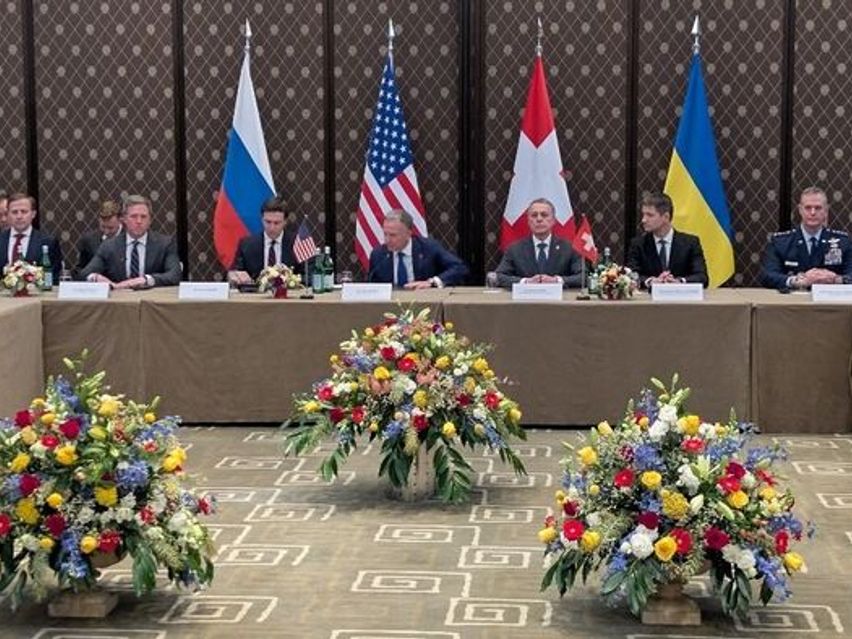
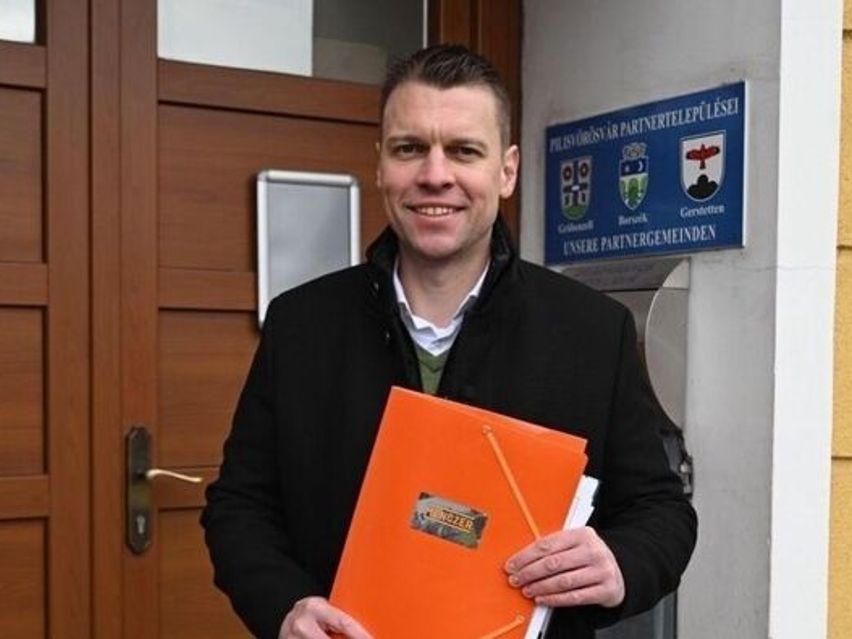
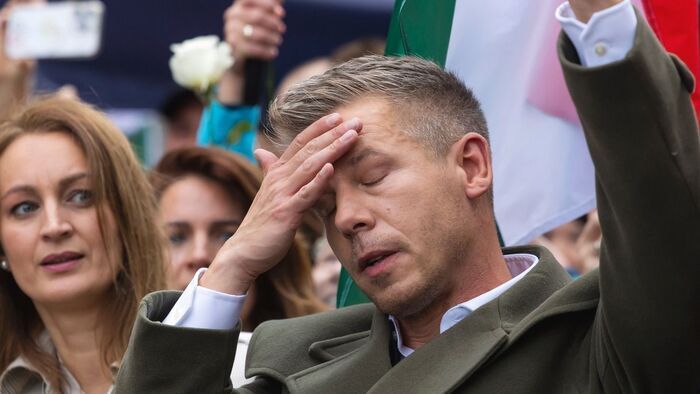


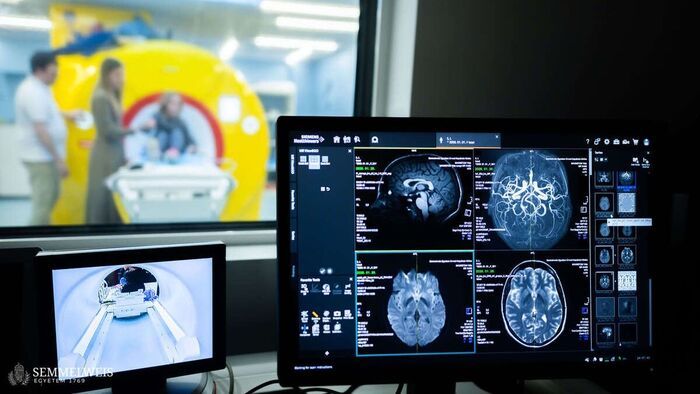
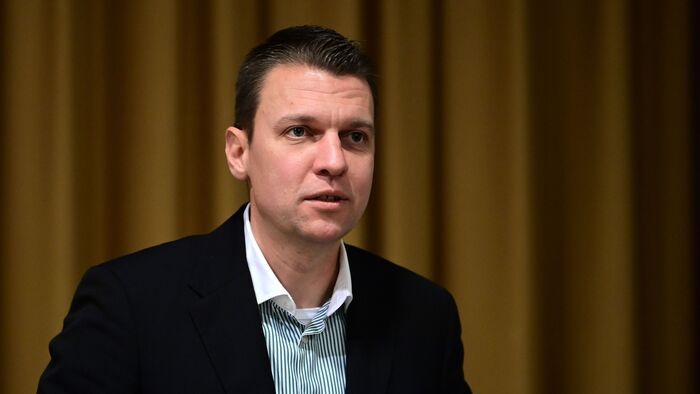

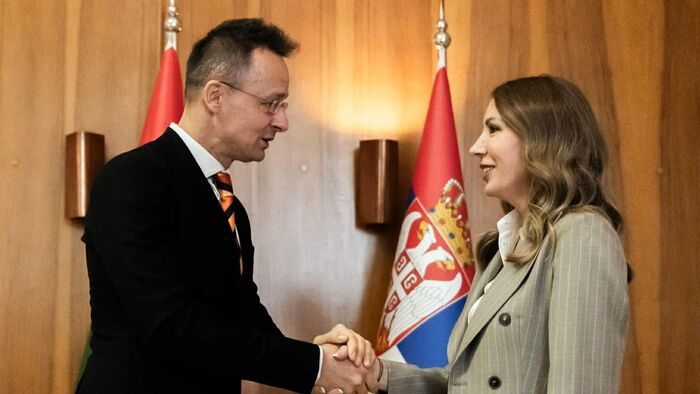
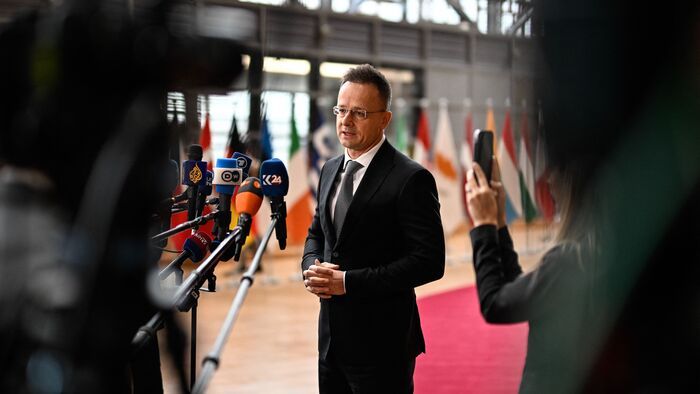




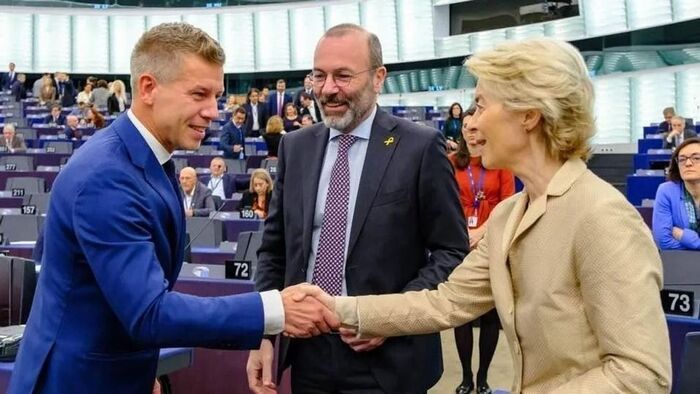

Szóljon hozzá!
Jelenleg csak a hozzászólások egy kis részét látja. Hozzászóláshoz és a további kommentek megtekintéséhez lépjen be, vagy regisztráljon!